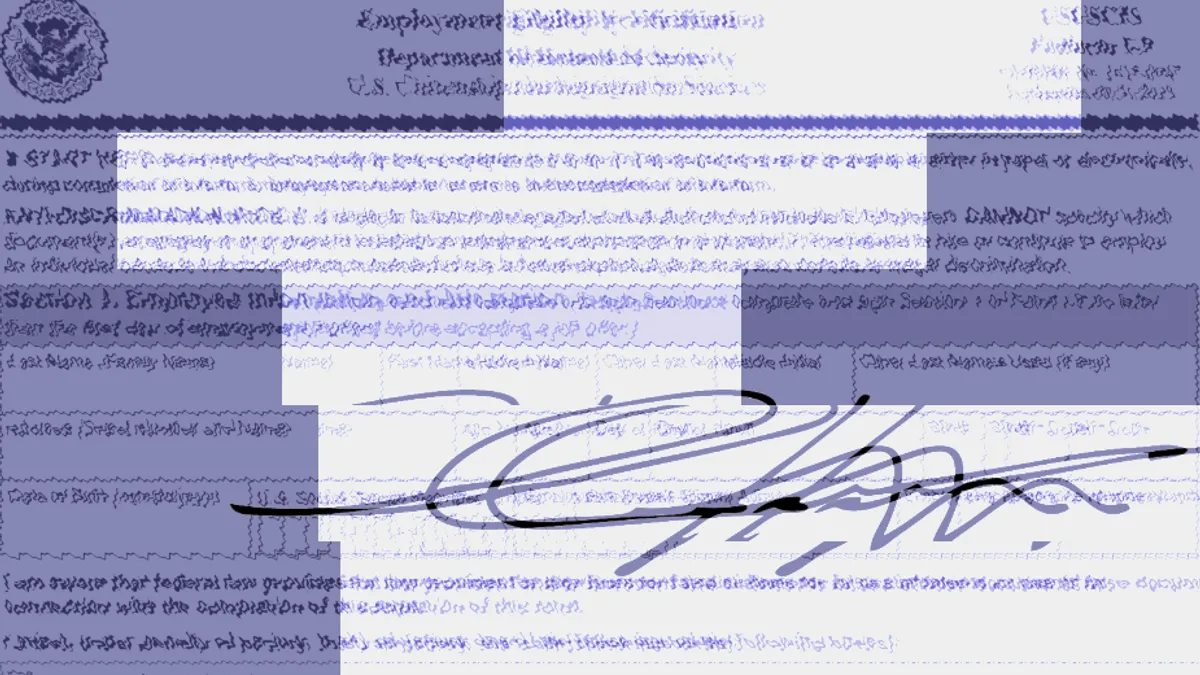Dive Brief:
- The Walt Disney Company "stubbornly refuses to pay its women employees equal to men doing the same work," a class action filing alleges. "In many instances, Disney is paying women workers tens of thousands of dollars less than their male counterparts" (Rasmussen, et al. v. The Walt Disney Company, No. 19STCV10974 (Superior Ct. of Calif., Los Angeles County, Sept. 18, 2019)).
- The 10 named plaintiffs are current and former Disney employees. They claim Disney is violating California's Equal Pay Act and routinely underpaying its female employees, passing them over for promotion, giving them additional work without additional compensation and failing to supply sufficient support staff to allow women to succeed at their jobs.
- The court filing represents an expansion of existing gender pay claims against Disney, according to attorneys for the plaintiffs. The Guardian reported that the class action "seeks to represent all women employed full-time by Disney in California since April 2015." Disney, according to a report in Fast Company, is seeking to have the claims decided individually.
Dive Insight:
Disney is not the only large company dealing with equal pay issues these days. Nordstrom says it has reached full pay equity for all of its employees after looking at base salary and determining if employees with similar roles, levels of experience and performance were receiving equal pay for equal work. JPMorgan, Citigroup, and Starbucks have also stated their intention to eradicate pay inequities for people of color and women.
Despite these efforts, only 60% of employers are proactively working toward pay equity, according to the 2019 Pay Equity Practices Survey of C-suite and Reward Leaders conducted by Korn Ferry and WorldatWork. And 7% of employers say the issue isn't on their radar at all. Women are paid up to 45% less than men, on average, according to a recent Hired global report. This creates disproportionate financial stresses on women and perpetuates a recurring cycle of debt; maternity leave can also exacerbate the problem. Offering financial wellness solutions can help all employees, including women.
Offering additional pay for additional work may seem like a fair, gender-neutral practice, but it becomes problematic when the opportunity for additional duties is not comparably offered. Employers also need to ensure that the additional duties actually exist in a significant way and aren't simply being used to justify unequal pay.
HR can help remedy pay gaps by reviewing pay practices, working with supervisors to identify disparities and conducting audits. Some experts have advised that employers conduct pay audits with the assistance of counsel to ensure the information is privileged and not discoverable in the event of litigation.
An increasing number of states and localities are banning pay history questions because that information may help carry past pay inequities into the present. Some of the salary history bans forbid employers from asking about previous wages, while some go even further and completely block any consideration of prior wage history.













